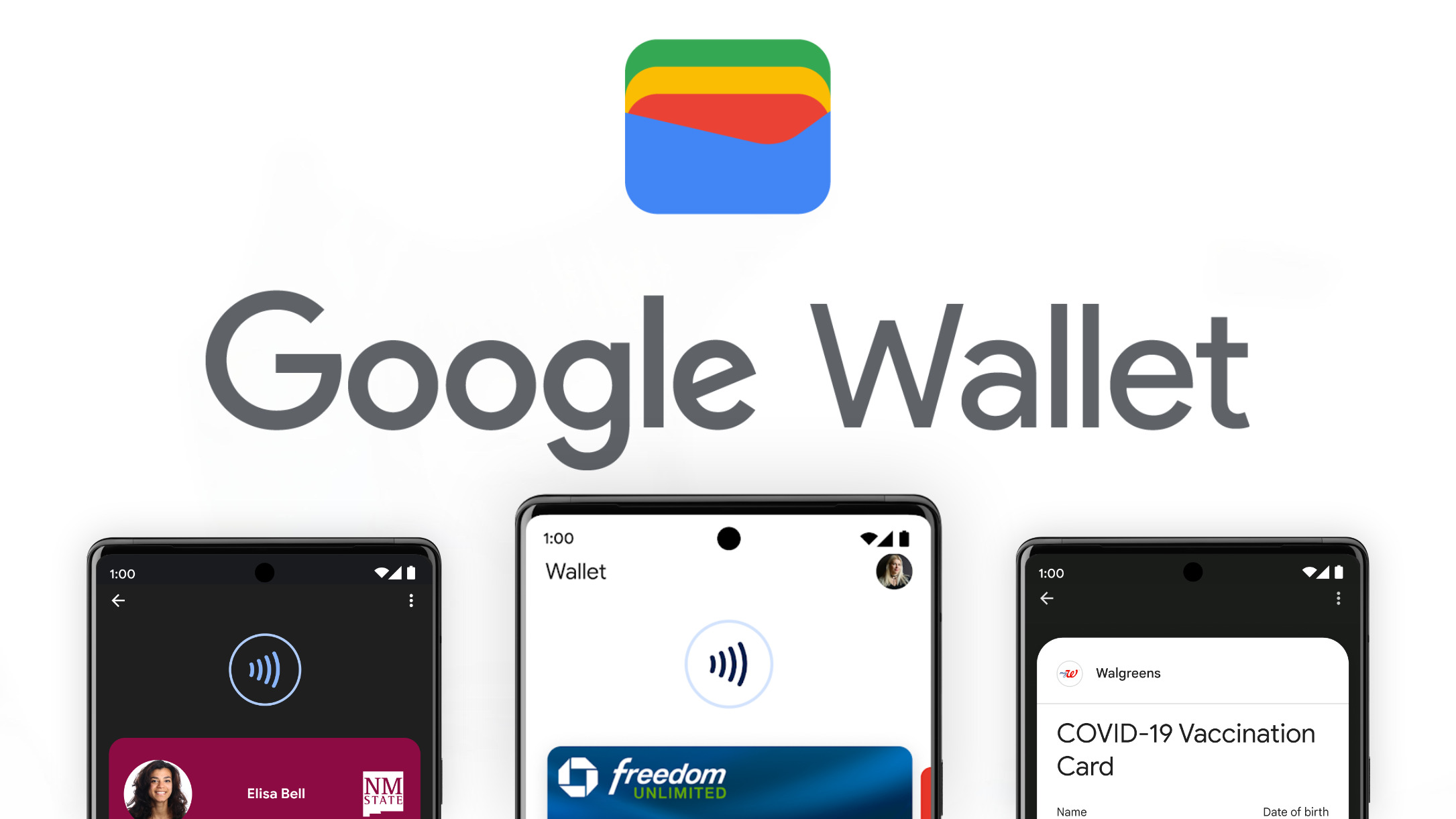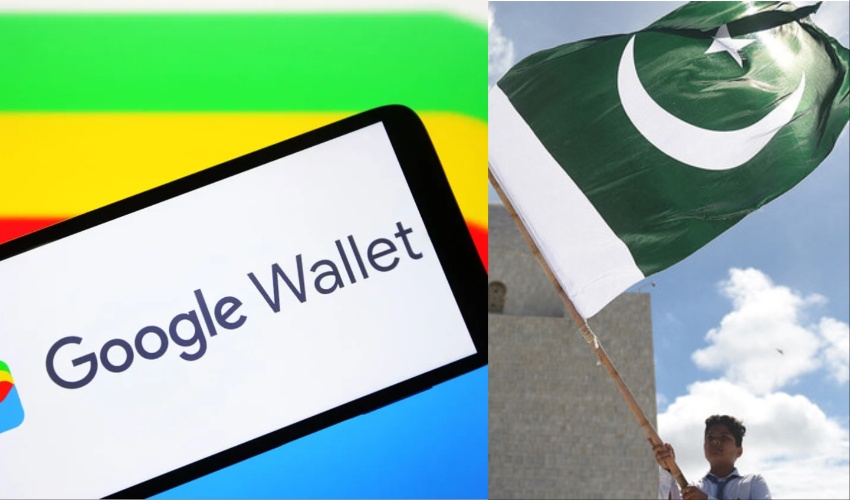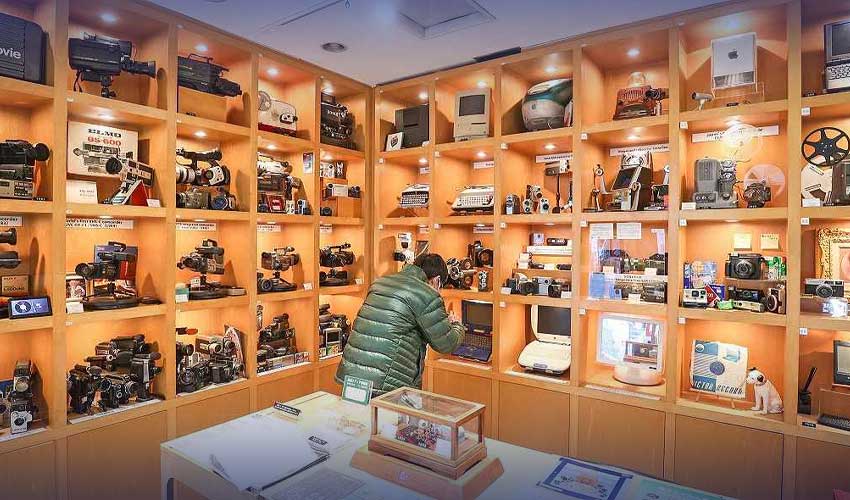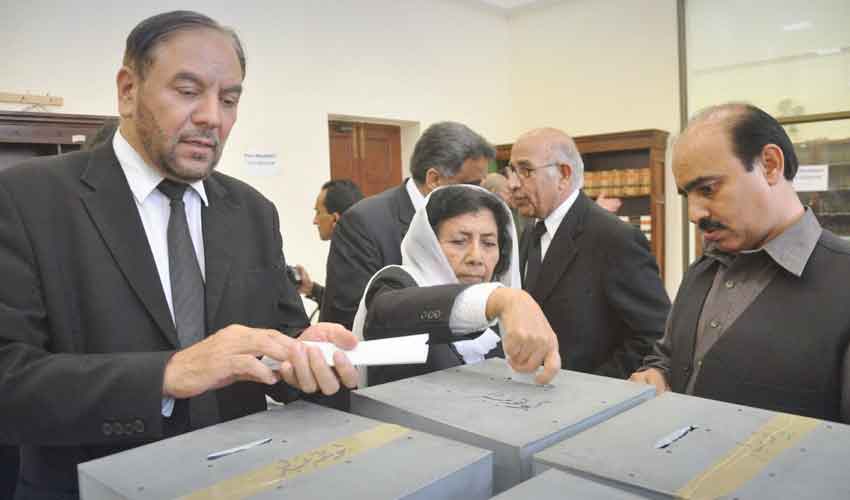Google Pay is gearing up to officially launch in Pakistan by mid-March 2025, introducing its widely used contactless payment system to the local market.
This development marks a significant milestone in Pakistan's growing digital payments landscape.
Sources familiar with the matter said that the tech giant’s entry into the Pakistani market was confirmed in November 2024, with Visa and Mastercard facilitating the rollout.
The service will enable users to link their bank-issued debit and credit cards to Google Pay via the Google Wallet app, which will also be made available to Pakistani users.
Initially, the focus will remain on enabling contactless payments, with the complete range of Google Wallet features, such as loyalty cards and public transport passes, not being included in the initial phase.
Industry insiders revealed that preparations are in full swing, with four to six leading banks collaborating with Visa and Mastercard to address technical requirements and ensure compatibility with the service. These efforts aim to position Pakistan as a key market for Google’s digital payment solutions.
Pakistan’s payment infrastructure is well-equipped to support the launch. According to the State Bank of Pakistan, the country boasts 133,000 point-of-sale (POS) terminals, 99 percent of which are already enabled to accept mobile contactless payments.
Experts believe that the launch of Google Pay will further boost Pakistan’s digital payment adoption rates, which have grown significantly in recent years. "This development aligns with the increasing trend of cashless transactions in Pakistan," said a senior banking official involved in the project.
All you need to know about Google Wallet
Google Wallet, previously known as Google Pay, is a digital wallet and payment system that allows users to store and manage a wide range of documents, payment methods, and other essential credentials on their Android devices.
The platform supports contactless payments at compatible Point of Sale (POS) terminals, facilitating faster and more secure transactions. Additionally, users can store loyalty cards, boarding passes, tickets, and other digital passes, creating a centralized hub for all digital credentials.
The app’s focus on security is paramount, utilizing encryption and device security features to ensure safe transactions and personal data protection. This makes it a reliable option for those looking to move away from physical cards and embrace the convenience of mobile payments.
Potential benefits for Pakistan
The launch of Google Wallet in Pakistan holds considerable promise for a country where digital payment adoption has been slower than in other regions. Here are some key benefits the app will bring:
-
Safe and Convenient Payments: With Google Wallet, users will no longer need to carry physical cards. Instead, they can make secure, contactless payments directly from their smartphones. The app ensures encryption and protection through the device’s built-in security features, making it a safer alternative to traditional payment methods.
-
Financial Inclusion: One of the most impactful advantages of Google Wallet in Pakistan is its potential to improve financial inclusion. A significant portion of the population remains unbanked, with limited access to formal financial systems. By enabling digital payments, Google Wallet will offer a gateway for these individuals to engage with the financial ecosystem, helping to bridge the digital divide.

-
Easier Travel and Event Attendance: For frequent travelers and event-goers, Google Wallet promises to simplify the storage and management of boarding passes and event tickets. Users will be able to scan their digital passes directly from their smartphones, eliminating the need for paper-based documents and reducing the risk of losing important travel or event information.
-
Loyalty Cards and Discounts: The wallet’s ability to store loyalty cards and reward programs will benefit users who frequently shop at businesses offering discounts and special deals. This feature has the potential to boost customer engagement, encourage brand loyalty, and foster stronger business-to-consumer relationships.
The PayPal dilemma
The arrival of Google Wallet also brings attention to Pakistan’s ongoing challenges with global digital payment systems. While there has been ongoing speculation about PayPal’s potential entry into the market, regulatory hurdles have prevented the service from launching in Pakistan.
Despite previous reports of potential partnerships with companies like Payoneer, PayPal has not yet established a direct presence in the country due to concerns about money laundering and other regulatory issues.
In contrast, the anticipated launch of Google Wallet in Pakistan offers a glimmer of hope for those waiting for reliable and secure global payment solutions. While the lack of PayPal remains a major obstacle for many Pakistani users engaged in international e-commerce, Google Wallet’s arrival could be the next best alternative for digital payments, providing a secure and seamless option for everyday transactions.


























